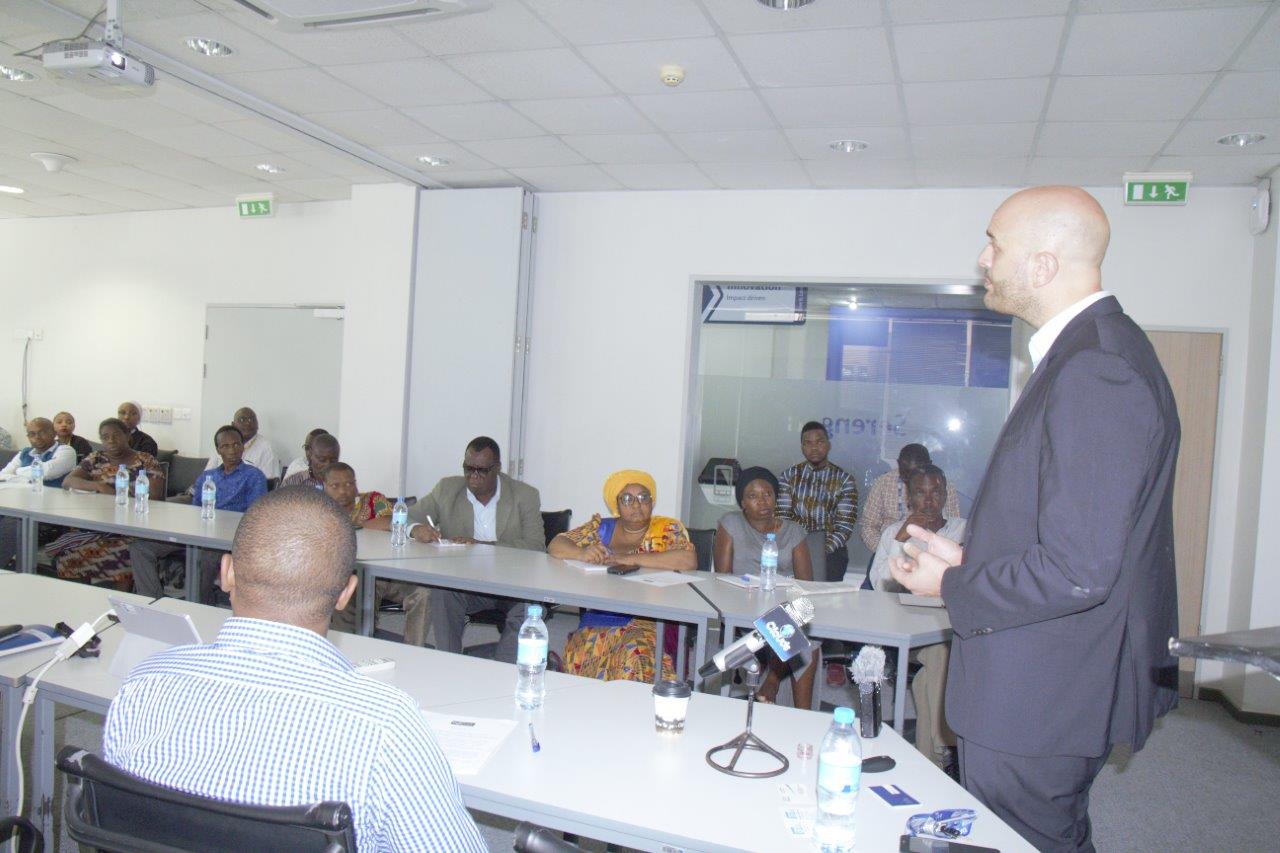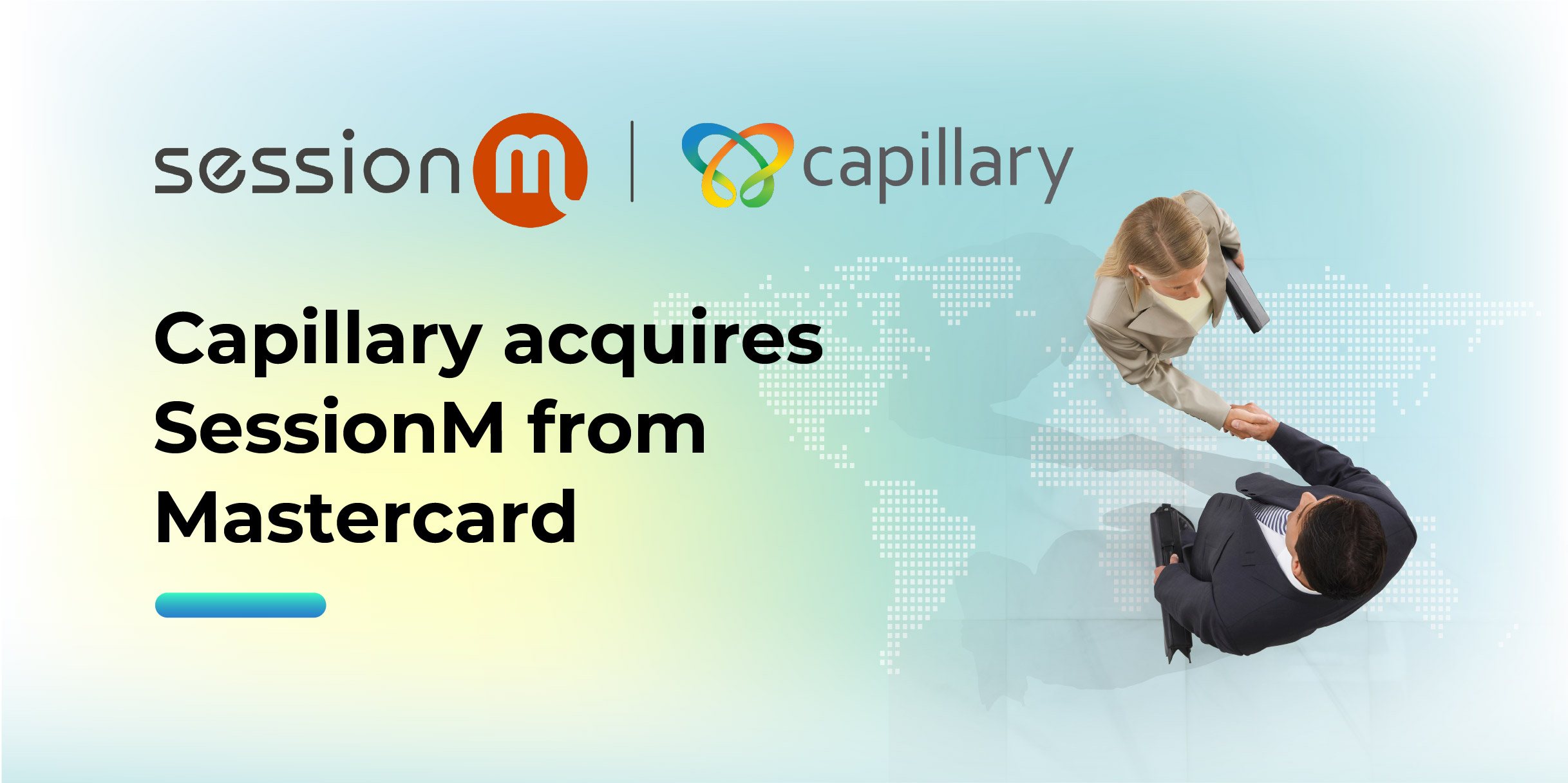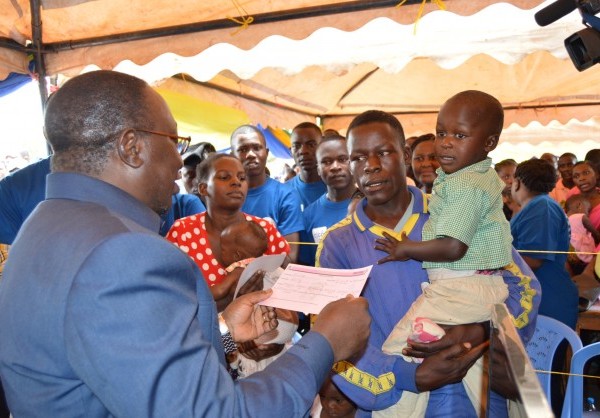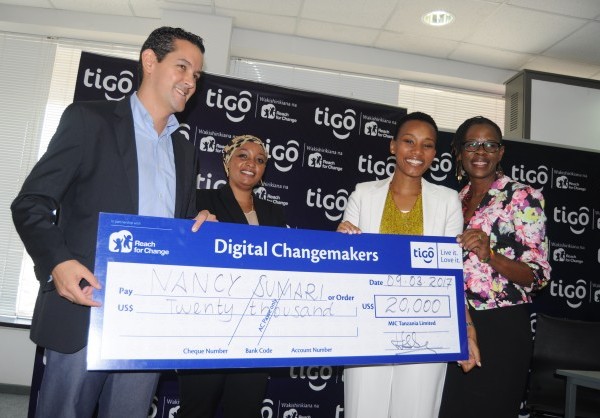Technology
Tigo Tanzania Assures Customers More High-Quality Services

By Dipo Olowookere
Customers of Tigo Tanzania are now set to continue enjoying high-tech services following the announcement of a massive drive by the telecom operator to further modernize its network infrastructure.
The news of the upgrade, revealed recently in Dar es Salaam will be music to the ears of the subscribers even as they continue to enjoy quality, smoother access to voice and high speed data services from the country’s leading digital lifestyle mobile firm.
“Since last year, we have made massive expansion of our infrastructure to increase the coverage footprint and capacity and most importantly, the quality of experience for mobile broadband service, hence making Tigo the preferred network in Tanzania”, Tigo’s Chief Technical and Information Officer (CTIO) Jérôme Albou said while speaking to senior editors at a briefing held at the company’s headquarters in Dar es Salaam recently.
Affirming this, some of the Tigo customers who now enjoy seamless services offered by the provider expressed their satisfaction with the company’s positive response to their communication demands.
Joseph Moshi, a Tigo customer and resident of Kilimanjaro Region in northern Tanzania, says of Tigo’s services: “I am very impressed that more than ever before, I can now freely make my calls and browse on internet without network hiccups thus enabling me to communicate more effectively!”
Meanwhile Joyce Masanja, from Mwanza Region – a zone that encompasses Lake Victoria, the world’s largest fresh water body, echoed similar comments. “I can now easily use data and stream videos without the frustrations of internet buffering; it’s an exciting experience that makes me enjoy Tigo services more,” Ms Masanja says proudly.
Spelling out the company’s network upgrade plans, Tigo’s Chief Technical and Information Officer (CTIO) Jérôme Albou explained that one of Tigo’s key strategic objectives is to transform broadband customer experience by providing first-class services as per global industry standards in both 3G and 4G technologies.
According to Albou, the demand for data services is growing due to availability of data enabled devices. Therefore, Tigo is proactively expanding its 3G and 4G network in both rural and semi-urban areas of the country to enhance rural connectivity as well as consolidating coverage and capacity in urban areas.
The Chief Technical and Information Officer further explained, “As far as mobile broadband is concerned, Tigo has added new 535 sites with 3G technology, upgraded capacity on 408 of 3G sites and 95 new sites with 4G technology over the past year, and has modernized and expanded the existing 2G, 3G and 4G networks. We have now 4G coverage in all the major cities and towns across Tanzania. To further improve experience of customers we have also added the Cache Servers in the core network to make frequently accessed internet contents such as Google, Youtube, Android, Facebook, WhatsApp or Instagram readily available in Tanzania in a single click.”
Conversely, Tigo had made substantial investment in stabilizing its network by managing technology, power and infrastructure more efficiently focusing on customer experience.
“Within the past 12 months, we have commissioned a total of 2,294km of backbone fibre which traverses through 22 new District headquarters expanding the existing National ICT Backbone footprint (Bagamoyo, Chalinze, Handeni, Korogwe, Muheza, Lushoto, Same, Mwanga, Rombo, Hai, Arumeru, Kibaha, Mvomero, Kongwa, Bahi, Manyoni, Tabora, Nzega, Kahama, Shinyanga, Kwimba & Chamwino) as well as increasing the number of fiber points around the key cities.”
This allows Tigo to provide high speed internet in these new districts. Also, the new fiber ensures alternative transmission routes in case of fiber cuts, providing seamless services around the clock for the key cities such as Mwanza, Dodoma, Arusha, Morogoro and Tanga.
Elaborating on what network upgrade entails, Albou explained the improvement is done based on customer surveys, economic activities, penetration of data enabled devices and feedback from other stakeholders such as Tanzania Communication Regulatory Authority (TCRA) and the Ministry of Works, Transport and Communications.
“Tigo is therefore, committed to continue to improve its network to achieve the best customer satisfaction and customer experience on both data and voice”, he summed up.
Despite the changing dynamics in market conditions and ecosystem, value chains, competition and regulation challenges, customer demands and usage behaviour, Tigo continues to stand out from the crowd mainly due to its culture of customer-oriented innovation, buoyed by consistent modernization and optimization of its network.
Technology
Capillary Technologies Acquires SessionM from Mastercard

By Modupe Gbadeyanka
A software product company established in 2012, Capillary Technologies India Limited, has acquired the customer engagement and loyalty company, SessionM, from Mastercard.
This followed a definitive agreement signed by the global leader in AI-powered customer loyalty and engagement solutions with the renowned digital payments firm.
The acquisition of SessionM is the latest in a series of strategic moves by Capillary, following its successful listing on the Indian Stock Exchange in November 2025.
With SessionM in its portfolio, Capillary reinforces its position as a global leader in enterprise loyalty, offering a leading platform to the world’s most sophisticated enterprise brands.
Mastercard has identified Capillary Technologies—consistently recognised as a Leader in The Forrester Wave as the ideal partner to lead SessionM into its next era of growth.
As part of the agreement, a specialised team within SessionM will transition to Capillary, ensuring that the platform’s deep technical expertise is preserved.
SessionM’s esteemed global customer base—which includes Fortune 500 retailers, airlines, and CPG brands—will continue to receive the same high-calibre support and service they experienced before the acquisition.
“M&A has been a key growth strategy for Capillary over the years, and as a public company, we are delivering on that promise to our shareholders and the market.
“By bringing SessionM into our portfolio, we are not just expanding our footprint across the globe; we are further strengthening our loyalty capabilities to deliver one of the industry’s most comprehensive offerings.
“Our mission remains to provide enterprises across industries with specialised, AI-native loyalty technology solutions,” the chief executive of Capillary Technologies, Aneesh Reddy, commented.
Technology
Emergent Ventures, Others Invest $2.2m in Potpie

By Dipo Olowookere
About $2.2 million pre-seed round to help engineering teams unify context across their entire stack and make AI agents genuinely useful in complex software environments has been announced by Potpie.
Potpie was established by Aditi Kothari and Dhiren Mathur, who were determined to unify context across the entire engineering stack and enabling spec driven development.
As generative AI adoption accelerates, most tools focus on surface-level code generation while ignoring the deeper problem of context.
Large language models are powerful, but without access to system-level understanding, tooling history, and architectural intent, they struggle in real production environments.
Traditional approaches rely on senior engineers to manually hold this context together, a model that breaks down at scale and fails when AI agents are introduced.
The platform enables teams to automate high-impact and non-trivial use cases across the software development lifecycle, like debugging cross-service failures, maintaining and writing end-to-end tests, blast radius detection and system design.
It is designed for enterprise companies with large and complex codebases, starting at around one million lines of code and scaling to hundreds of millions.
Rather than acting as another coding assistant, Potpie builds a graphical representation of software systems, infers behaviour and patterns across modules, and creates structured artefacts that allow agents to operate consistently and safely.
A statement made available to Business Post on Monday revealed that the funding support came from Emergent Ventures, All In Capital, DeVC and Point One Capital.
The capital will be used to support early enterprise deployments, expand the engineering team, and continue building Potpie’s core context and agent infrastructure, it was disclosed.
“As AI makes code generation easier, the real challenge shifts to reasoning across massive, interconnected systems. Potpie is our answer to that shift, an ontology-first layer that helps enterprises truly understand and manage their software,” Kothari was quoted as saying in the disclosure.
A Managing Partner at Emergent Ventures, Anupam Rastogi, said, “In large enterprises, the real challenge is not generating code, it is understanding the system deeply enough to change it safely.
“Potpie’s ontology-first architecture, combined with rigorous context curation and spec-driven development, creates a structured model of the entire engineering ecosystem. This allows AI agents to reason across services, dependencies, tickets, and production signals with the clarity of a senior engineer. That is what makes Potpie uniquely capable of solving complex RCA, impact analysis, and high-risk feature work even in codebases exceeding 50 million lines.”
Technology
Expert Reveals Top Cyber Threats Organisations Will Encounter in 2026

By Adedapo Adesanya
Organisations in 2026 face a cybersecurity landscape markedly different from previous years, driven by rapid artificial intelligence adoption, entrenched remote work models, and increasingly interconnected digital systems, with experts warning that these shifts have expanded attack surfaces faster than many security teams can effectively monitor.
According to the World Economic Forum’s Global Cybersecurity Outlook 2026, AI-related vulnerabilities now rank among the most urgent concerns, with 87 per cent of cybersecurity professionals worldwide highlighting them as a top risk.
In a note shared with Business Post, Mr Danny Mitchell, Cybersecurity Writer at Heimdal, said artificial intelligence presents a “category shift” in cyber risk.
“Attackers are manipulating the logic systems that increasingly run critical business processes,” he explained, noting that AI models controlling loan decisions or infrastructure have become high-value targets. Machine learning systems can be poisoned with corrupted training data or manipulated through adversarial inputs, often without immediate detection.
Mr Mitchell also warned that AI-powered phishing and fraud are growing more sophisticated. Deepfake technology and advanced language models now produce convincing emails, voice calls and videos that evade traditional detection.
“The sophistication of modern phishing means organisations can no longer rely solely on employee awareness training,” he said, urging multi-channel verification for sensitive transactions.
Supply chain vulnerabilities remain another major threat. Modern software ecosystems rely on numerous vendors and open-source components, each representing a potential entry point.
“Most organisations lack complete visibility into their software supply chain,” Mr Mitchell said, adding that attackers frequently exploit trusted vendors or update mechanisms to bypass perimeter defences.
Meanwhile, unpatched software vulnerabilities continue to expose organisations to risk, as attackers use automated tools to scan for weaknesses within hours of public disclosure. Legacy systems and critical infrastructure are especially difficult to secure.
Ransomware operations have also evolved, with criminals spending weeks inside networks before launching attacks.
“Modern ransomware operations function like businesses,” Mitchell observed, employing double extortion tactics to maximise pressure on victims.
Mr Mitchell concluded that the common thread across 2026 threats is complexity, noting that organisations need to abandon the idea that they can defend against everything equally, as this approach spreads resources too thin and leaves critical assets exposed.
“You cannot protect what you don’t know exists,” he said, urging organisations to prioritise visibility, map dependencies, and focus resources on the most critical assets.
-

 Feature/OPED6 years ago
Feature/OPED6 years agoDavos was Different this year
-
Travel/Tourism10 years ago
Lagos Seals Western Lodge Hotel In Ikorodu
-

 Showbiz3 years ago
Showbiz3 years agoEstranged Lover Releases Videos of Empress Njamah Bathing
-

 Banking8 years ago
Banking8 years agoSort Codes of GTBank Branches in Nigeria
-

 Economy3 years ago
Economy3 years agoSubsidy Removal: CNG at N130 Per Litre Cheaper Than Petrol—IPMAN
-

 Banking3 years ago
Banking3 years agoSort Codes of UBA Branches in Nigeria
-

 Banking3 years ago
Banking3 years agoFirst Bank Announces Planned Downtime
-

 Sports3 years ago
Sports3 years agoHighest Paid Nigerian Footballer – How Much Do Nigerian Footballers Earn

















